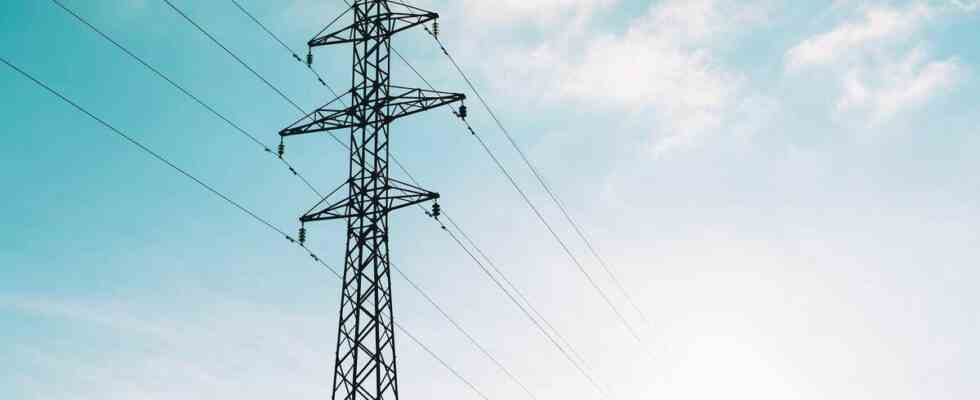The EU announced on Monday that it was preparing “an emergency intervention” in the electricity market to limit Europeans’ bills, and is working on “a structural reform” in order to stem the surge in prices, under pressure from the Member States.
Such a reform of the common electricity market, demanded for a long time by France but which divided the Twenty-Seven, will be on the menu on September 9 in Brussels at a meeting of EU Energy Ministers, which should also consider the proposal by several States of a price cap.
Price spike
“The surge in electricity prices clearly shows the limits of the current functioning of the market. It had been designed in a very different context,” acknowledged Ursula von der Leyen, President of the European Commission, during a conference in Bled (Slovenia).
The September 9 date was announced on Monday by Czech Industry Minister Jozef Sikela, whose country holds the rotating EU presidency. “We need to fix the energy market. The solution at EU level is by far the best,” he said on Twitter.
Conference in Pragues
Speaking alongside him at a press conference in Prague, German Chancellor Olaf Scholz also called on member states to agree “rapidly” and in a “coordinated manner” on a reform. The current system “cannot be described as working normally if it leads to such high electricity prices,” he criticized.
But as a reform would take time, Prague proposes in the immediate future “a cap on the price of gas intended to produce electricity”. “It would be an effective and less expensive solution that should reduce prices” for consumers, argued Sikela.
Green light from Belgium
A proposal supported by Belgium: “Today, electricity is produced at a much lower price than the price at which electricity and gas are sold”, which justifies “acting at the source, via a price blocking, a ceiling at European level,” said Belgian Energy Minister Tinne Van der Straeten on Sunday.
Only two member states, Spain and Portugal, have so far had the green light from Brussels to deviate from EU rules by imposing a cap on energy prices, due to their weak connections to European networks.

